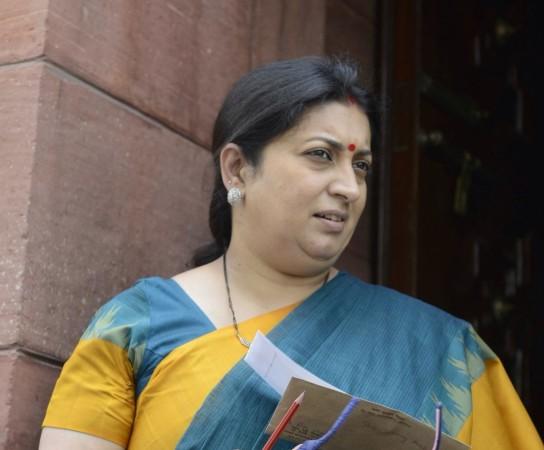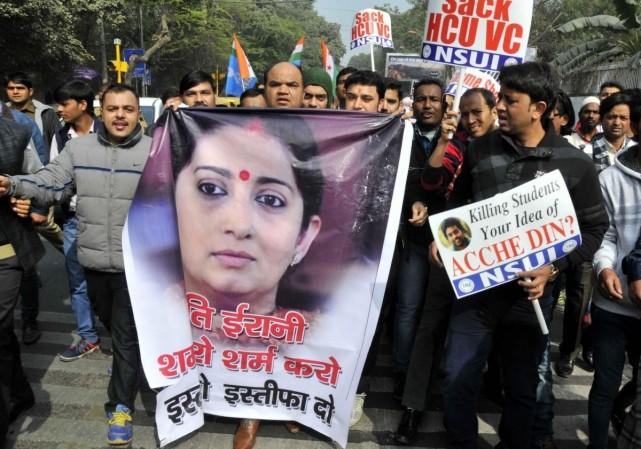![Rohith Vemula committed suicide in January 2016 by hanging himself in a hostel room inside the premises of the campus following allegations of caste-based discrimination against the research scholar. [Representational Image] rohith vemula](https://data1.ibtimes.co.in/en/full/616321/rohith-vemula.jpg?h=450&l=50&t=40)
Rohith Vemula, the PhD student at the University of Hyderabad, committed suicide due to personal reasons and not due to the university expelling him from the hostel, a report by an inquiry commission made public on Tuesday has said.
Vemula and four of his friends — all believed to be Dalits — were suspended by the university and also expelled from the hostel following a fight with an ABVP leader in November 2015. They were denied access to public places inside the campus but were permitted to attend lectures and pursue research.
Also Read: Rohith Vemula was not a Dalit, says probe panel; finding contradicts district collector's report
Vemula committed suicide in January 2016 by hanging himself in a hostel room inside the campus following allegations of caste-based discrimination against the research scholar.
In light of continued protests after that, the Central government had constituted a panel led by former Allahabad High Court judge Justice AK Roopanwal on February 2 last year to investigate the circumstances that led to Vemula's suicide.
The commission submitted its report to the Ministry of Human Resource Development (HRD) in August 2016. It was made public on Tuesday.
"His suicide note is on the record which shows that Rohith Vemula had his own problems and was not happy with worldly affairs.... He was frustrated for reasons best known to him... He also wrote that he was all alone from childhood and was an unappreciated man. This also indicates his frustration. He did not blame anybody for his suicide," said the commission's report, adding that Vemula was not a Dalit by caste.
His suicide had triggered widespread protests, primarily by Left groups, across India with protesters alleging that the action against him and his friends was taken at the behest of complaints by BJP leaders and Union ministers. The matter soon became a "Dalit" issue, with protesters blaming the university and BJP leaders for Vemula's suicide.

However, the report stated that then HRD Minister Smriti Irani and BJP leader Bandaru Dattareya — chief targets of the protests — were not responsible for Vemula's suicide. The ministers "were discharging their duties as public servants" and did not influence university authorities, it said.
"If he would have been angry with the decision of the university, certainly either he would have written in specific words or would have indicated in this regard. But he did not do the same. It shows that the circumstances prevailing in the university at that time were not the reasons for committing the suicide," the report added.
The panel's report, however, mentioned that the University of Hyderabad does not have a proper mechanism in place for students, both from the general and the reserved categories, to put forward their grievances to the authorities.

Referring to the disciplinary action taken against Vemula by the university, the report said: "The view taken by the Executive Council was the most reasonable one in the circumstances prevailing at that time. The Executive Council mainly focused that the students should keep concentration on their academic career and not on other things."
It added: "The leniency shown by the Executive Council itself shows that the university administration was not functioning under any influence or pressure, otherwise there could be no occasion to be lenient or to reduce the punishment recommended by the Proctorial Board."














